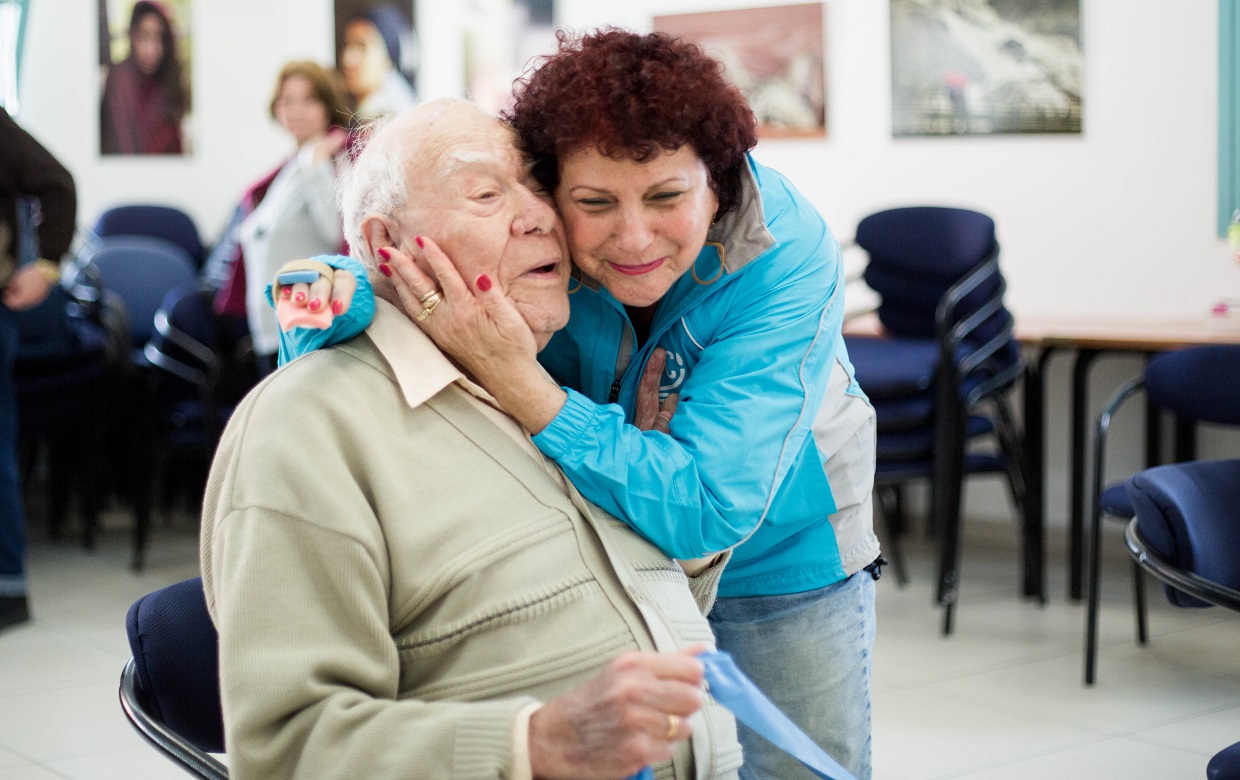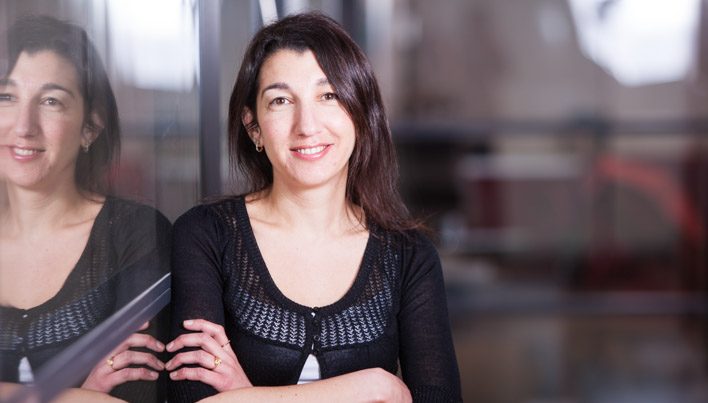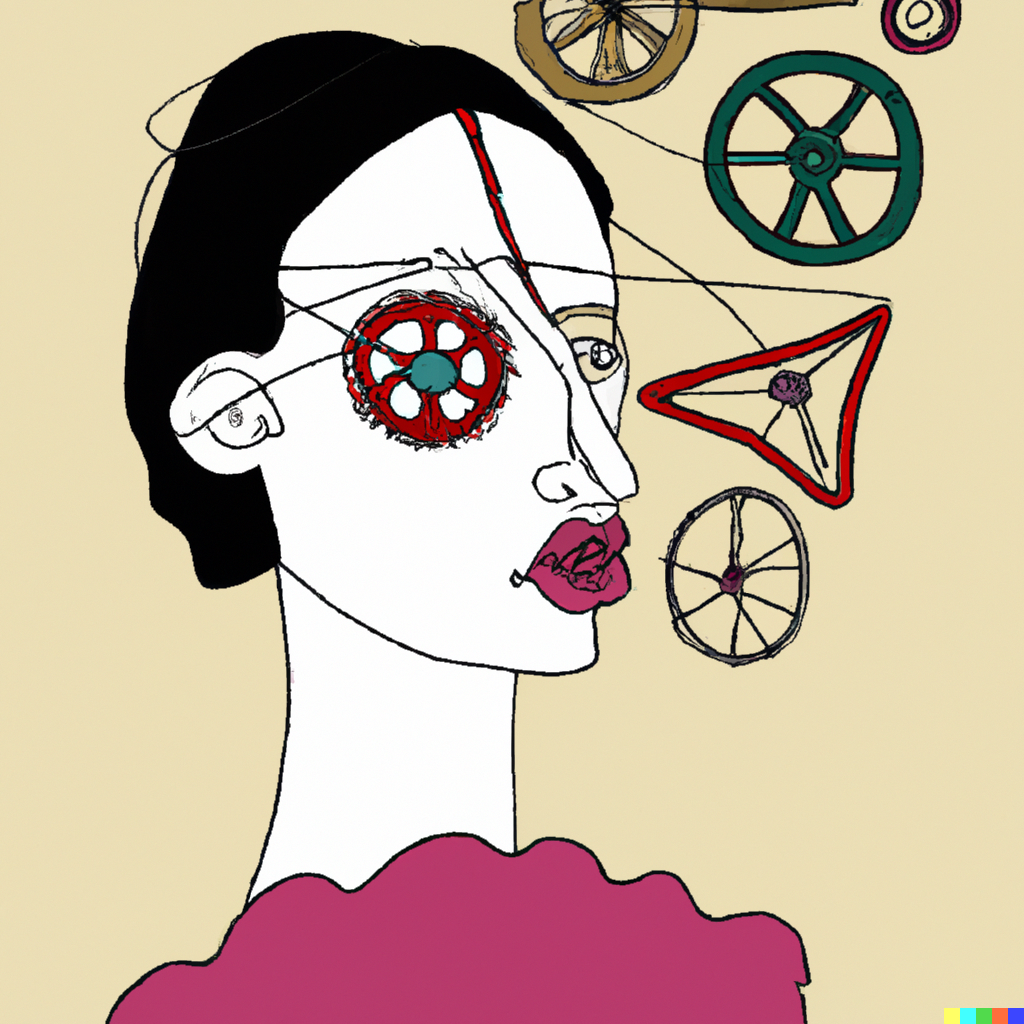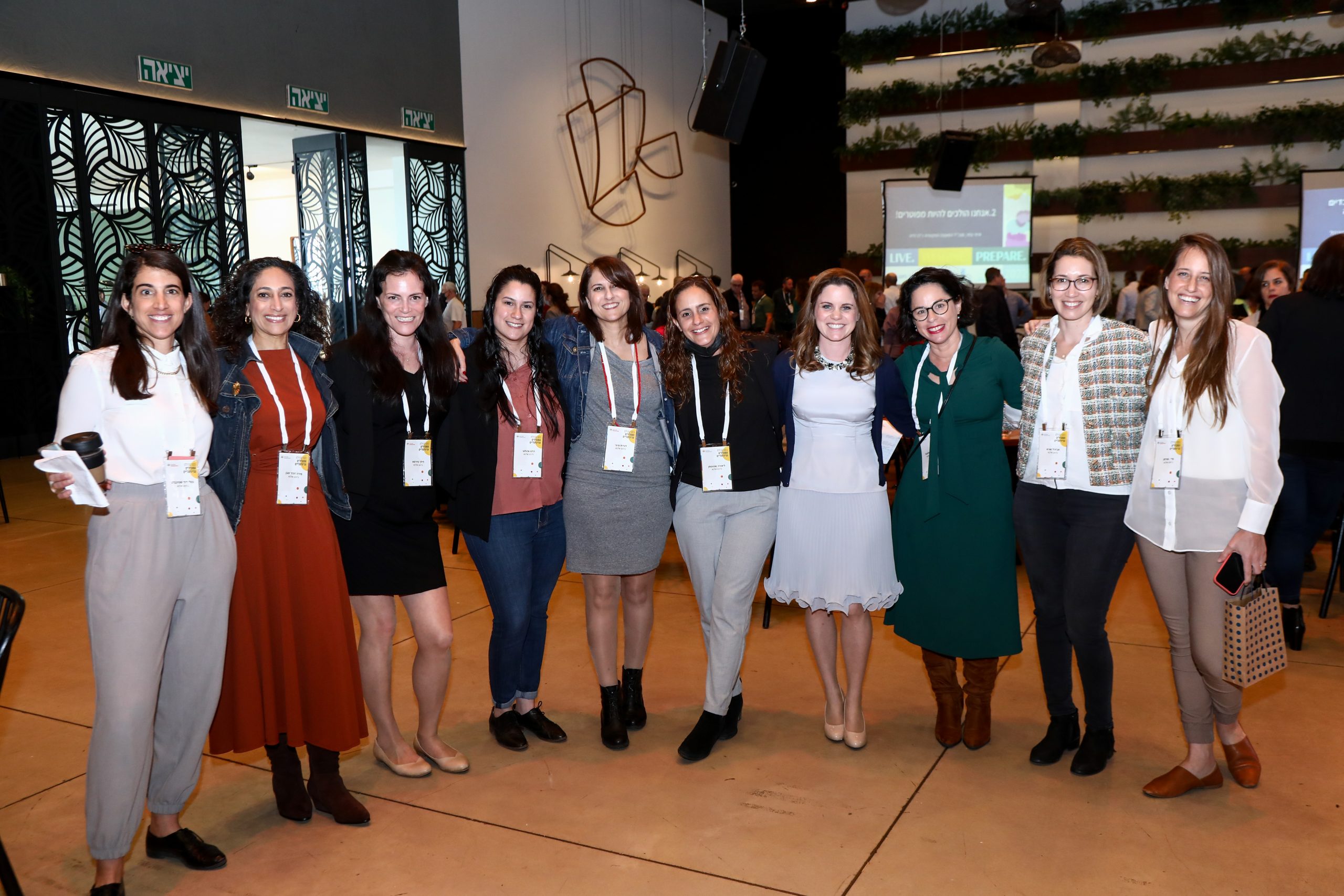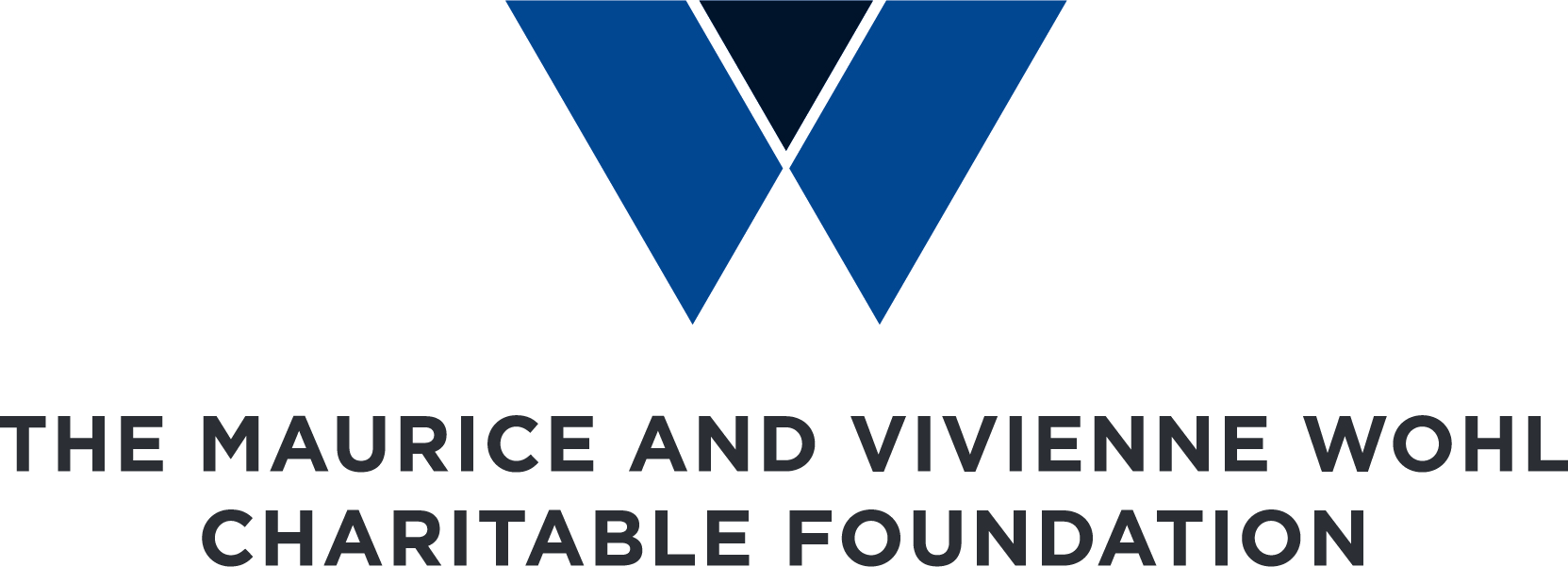At the end of 2020, there were about 174,500 Holocaust survivors living in Israel with an average age of 85. Some 50 percent of them report experiencing loneliness. Most suffer from significant physical, cognitive and emotional decline which also affects their ability to function socially. A new study by the National Initiative for Alleviating Loneliness among Holocaust Survivors shows how one hour a week can make a difference.
The struggle of survivors is exacerbated by old age which causes suppressed memories and traumas from the Holocaust to resurface. While they were preoccupied with mid-life challenges such as employment and raising a family, and they were healthy, they were able to repress the past. However, as they grow old illness as well as the loss of relatives and friends reawaken memories of the war, reviving fears and anxieties and reopening wounds.
Services for Holocaust Survivors
- Exercising Rights (benefits, stipends, caregiving, disability payments, food packages, meals on wheels).
- Social Needs (clubs, leisure and culture activities)
- Emotional Needs (various kinds of therapy: individual, group, pets, art, photography, drama, books, music, etc.)
- Holocaust Education (teaching the next generation, testimonies, witness theater, documentaries).
Yad L’Yad (Hand in Hand)
Yad L’Yad is an initiative of the Holocaust Survivors’ Rights Authority, Joint-Eshel and MATAV. It provides a network of volunteers who pay a one-hour visit each week to 5,860 survivors nationwide.
Esther Oded is one inspiring example of a survivor who has benefited from the program. You can watch her story here:
During the COVID-19 pandemic, volunteers were trained to work remotely to protect the health of survivors and comply with the rules of social distancing. The visits continued each week in a creative way, whether by phone, Zoom or even a conversation from the balcony to the street.
Drawing Conclusions
The program was evaluated with a survey among 909 participants:
- 83% of respondents said that a visit by a volunteer once a week significantly reduced feelings of loneliness
- Contact with volunteers helped improve participants’ access to benefits and services
- 91% reported a significant improvement in mood
- 70% experienced an improvement in overall health
- The visits helped survivors make new social contacts
The research is conclusive: One volunteer visit a week for one hour dramatically eases loneliness among Holocaust survivors and can significantly improve their quality of life. As the old adage puts it, “A little goes a long way!”
To volunteer at Yad L’Yad call 077-8994140, or contact us through our Facebook page.

